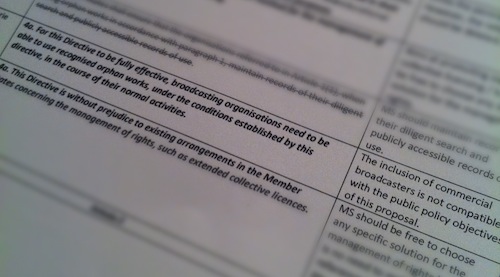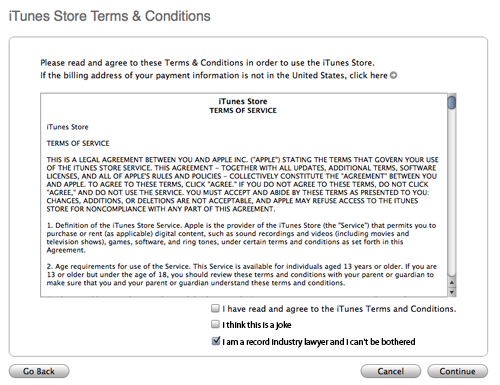Towards a Shared Digital Europe
Today, we are launching a project that i have worked on for the last 6 months: A Vision for a Shared Digital Europe. I started working on this while i was still at Kennisland (where the idea was born) and i have continued this work after my departure from KL with Centrum Cyfrowe and the Commons Network. This vision is an attempt to set the stage for a different way about digital policy making in Europe.
With our vision we are proposing a uniquely European way that refuses to the the digital space as a marketplace alone and that sets out to identify a number of principles that can guide policy makers in developing alternatives for the status quo that go beyond an essentially defensive approach that relies on curtailing and regulating practices and operators that are considered to be problematic. In publishing our vision we hope to kick-start a conversation about what kind of digital environment we want for Europe:
Today we are launching a new vision for digital policy making in Europe: Our Vision for a Shared Digital Europe lays the foundation for a new frame for digital policy making in the EU. We propose an overarching policy framework that brings together varied issues and policy arenas, including copyright reform, platform regulation, privacy, data-protection and data governance, antitrust, media regulation or innovation policy.
Digitalisation has led much of our interaction, communication and economic activity to take place through data or over online intermediaries. What kind of space should this digital sphere be? We believe that seeing this space as a market place only does not do it justice. This space is in effect our society – a society that is experiencing a digital transformation. Therefore we cannot accept the digital sphere as a place where only market dynamics rule. Society is more than an interaction between market players, and people are more than entrepreneurs or consumers.
As supporters of the European project, we believe that Europe needs to establish its own rules for the digital space, which embody our values: strong public institutions, democratic governance, sovereignty of communities and people, diversity of European cultures, equality and justice. A space that is common to all of us, but at the same time diverse and decentralised.
Over the past five months we have worked with a broad group stakeholders on developing a frame that can replace the existing Digital Single Market frame that dominates discussions about digital policy making in the EU. We propose a new, society-centric vision that is intended to guide policymakers and civil society organisations involved with digital policymaking in the direction of a more equitable and democratic digital environment, where basic liberties and rights are protected, where strong public institutions function in the public interest, and where people have a say in how their digital environment functions - a Shared Digital Europe.
The Shared Digital Europe must be based on four principles that aim to ensure that the balance between private and public interests is safeguarded. We believe that a Shared Digital Europe must enable self-determination, cultivate the commons, decentralise infrastructure and empower public institutions.
Combine these four elements with a truly European set of values and a new strategy presents itself. **A strategy that policy makers and civil society actors can use to counter the current lack of democratic oversight in the digital space, the deteriorating online debate, the monopolisation of the digital sphere, the enclosure of knowledge and the means of knowledge production and the increasing violation of human rights in the digital space. **
**Most importantly our Vision for a Shared Digital Europe provides policy makers with an opportunity to work towards a truly European idea about how society should function in the digital age. **
Are you working on digital policies and want to learn more or join our effort? Or do you want us to come by and share and discuss our vision with you? Don’t hesitate to reach out to hello@shared-digital.eu







